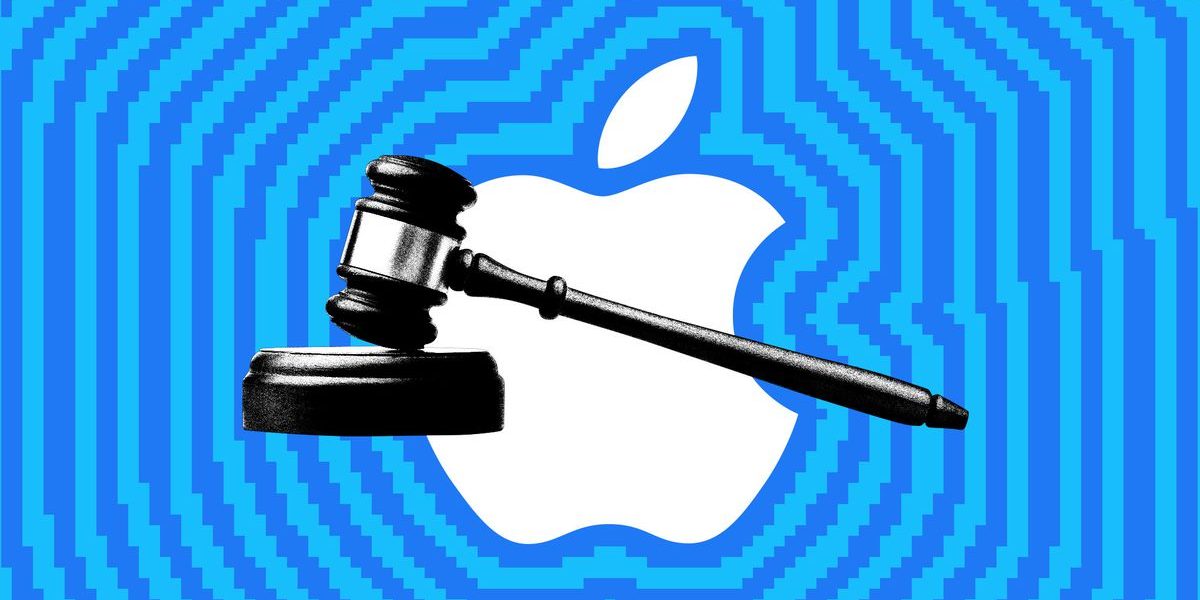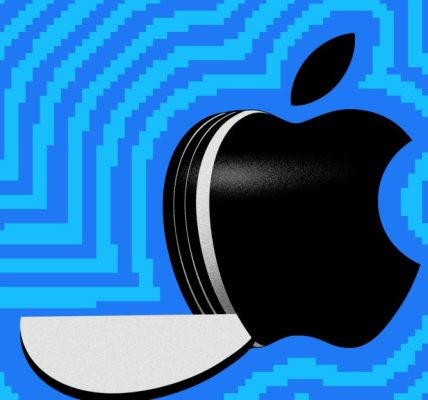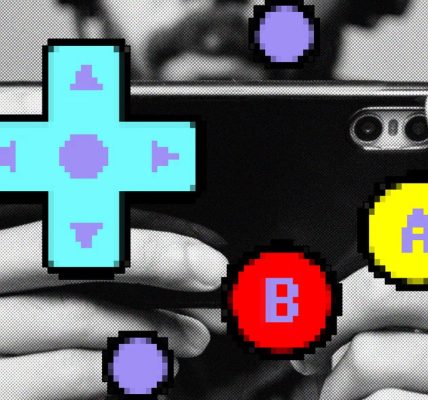Defend Apple in the New Jersey District Court: “The American people are our government’s best interests at work,” plaintiffs’ counsel told the DOJ
The heart of the lawsuit centers around claims that Apple stopped smaller companies from accessing the hardware and software in its iPhones, which led to fewer options for customers.
The case will be heard by the US District Court in New Jersey. Attorneys general from 20 states joined the complaint with the DOJ.
US Attorney General Merrick Garland acknowledged the resource imbalance the government is up against, facing a company worth trillions of dollars. “When you have an institution with a lot of resources that, in our view, is harming the American economy and the American people, it’s important for us to allocate our resources to protect the American people,” Garland said. “And that is certainly the case where individual Americans have no ability to protect themselves.”
Apple, Google, and Amazon: Where do they stand in the tech giants? The House Subcommittee Investigating the Tech Giants
Some developers were able to get the ear of Congress as a House subcommittee carried out its own investigation of the tech giants a few years ago. A 2020 report by that panel found that Apple held monopoly power in the market for app distribution on iOS. Lawmakers introduced legislation like the Open App Markets Act and the American Innovation and Choice Online Act that sought to prevent large platforms like Apple from giving their own products an advantage on their marketplaces over competitors. They have been in the chambers for more than two years but no vote has been taken on the floor.
Europe has moved ahead of the US in its efforts to rein in tech. It’s instituted new rules through the Digital Markets Act to place a check on the power of gatekeepers of large platforms, several of which are operated by Apple. The European Commission fined Apple 1.84 billion for its app store practices, which is about $2 billion. Apple restricts developers of music streaming app from fully notifying users of alternative and cheaper subscription services, according to the EU.
The Department of Justice went to trial against Google parent Alphabet last fall over allegations that it stomped out competing search engines. The FTC is working on a big suit against Amazon.
Apple is worth nearly $3 trillion, making it one of the highest valued companies in the world. The global market is dominated by theiPhone, according to a market analyst firm. The Justice Department claims that Apple was able to ensure its place at the top.
Apple vs. United States: The Case for an Effective Antitrust Attorney-General? The US v. Apple Antitrust Complaint
The DOJ invokes the M-word when it describes “super apps,” which it calls “a kind of middleware that can host apps, services, and experiences without requiring developers to use the iPhone’s APIs or code.” They really haven’t taken off in the US; the closest thing we have might be the Uber app, where you can request a ride, order dinner, and reserve an e-bike all in one place. There are super apps in other markets, but they aren’t something here since Apple doesn’t let them on their platform. Apple blocking them is seen by the DOJ as a major impediment to innovation, because they see them as a threat to its platform.
The Justice Department and the Federal Trade Commission have filed antitrust lawsuits against several tech companies.
When asked about the threat the new antitrust lawsuit might pose to Apple’s business, a DOJ official noted that “there are actually examples where companies, after having been charged and had to change business practices because they violated the antitrust laws in the long run, end up being more valuable than they were before.” Microsoft, thanks to its success in cloud services and more recently AI, is now the most valuable company in the world.
The DOJ attempted to break Microsoft into two companies. Microsoft walked out of the trial with a long list of banned conduct, instructing it to not engage in anticompetitive shenanigans in its dealings with manufacturers and developers. Wired’s recounting of the case from 2000 is a fascinating read on the whole thing.
Apple argued that keeping its mobile operating system, app store, and other services closed offers better security and safety for customers. If the goal was to protect users, then Apple doesn’t enforce its policies consistently, as indicated by the DOJ complaint.
There is a reminder in the Department of Justice’s antitrust complaint against Apple that you are here because we paved the way.
In today’s case, the Department of Justice doesn’t merely imply that Apple benefited from the results of United States v. Microsoft; it comes right out and says it. Take section 26 of the complaint:
For example, the iPod did not achieve widespread adoption until Apple developed a crossplatform version of the iPod and iTunes for Microsoft’s Windows operating system, at the time the dominant operating system for personal computers. In the absence of the consent decree in United States v. Microsoft, it would have been more difficult for Apple to achieve this success and ultimately launch the iPhone.
The case versus Microsoft also echoes throughout DOJ v. Apple with one adorably weird word: middleware. The heart of US v Microsoft was Microsoft’s control over middleware, the software that allows other software to run on the operating system. The DOJ found that Microsoft bullied companies into not developing software that would compete with its own platforms, and it also tried to undermine Sun’s efforts to develop Java-based software in order to get developer attention away from it. Real bad-guy stuff!
The DOJ alleges that Apple fears the removal of PCs because it is what Microsoft feared. Microsoft was absolutely correct to be afraid and it seems Apple is too.



